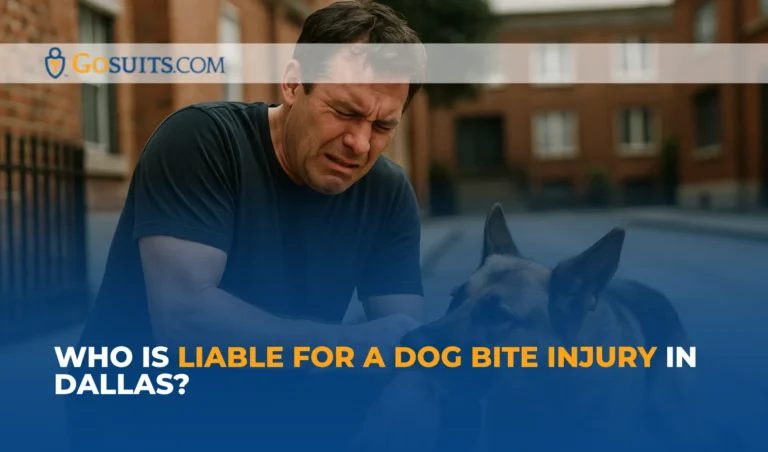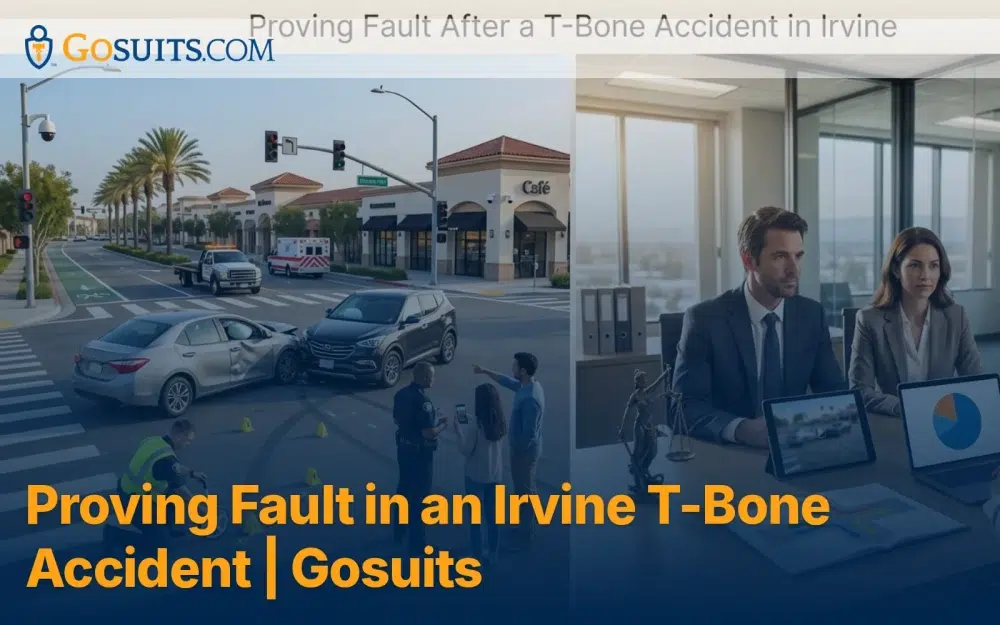Dog bites can have lasting effects—both physically and emotionally. In the aftermath of such an event, many people find themselves facing medical bills, time away from work, and the stress of trying to understand what their rights might be. If you were injured by a dog in Dallas, one of the most important questions is who can be held legally responsible. Determining liability under Texas law involves examining the dog’s history, the circumstances of the bite, and whether the person responsible for the dog failed to prevent the incident.
Understanding Dog Bite Liability Under Texas Law
Texas does not have a dedicated dog bite statute. Instead, dog bite claims are generally governed by common law principles of negligence and premises liability. The Texas Supreme Court case Marshall v. Ranne, 511 S.W.2d 255 (Tex. 1974), is the foundation for dog bite liability in the state. In that case, the court applied what is commonly known as the “one bite rule,” which holds that a person may be held strictly liable if they knew the dog had dangerous tendencies.
Under this rule, a person injured by a dog must typically prove that the animal had acted aggressively in the past and that the owner was aware—or should have been aware—of this behavior. Alternatively, a claim may be based on negligence. In that situation, the injured person would need to show that the dog’s owner failed to use reasonable care to prevent the bite, regardless of whether the dog had shown aggression before.
When Dog Owners May Be Held Liable
In many cases, dog owners may be held legally responsible for injuries caused by their animals. Liability can arise under the following circumstances:
- Violation of Leash Laws
Dallas City Code § 7-3.1 requires dogs to be leashed in public areas. If a dog is roaming freely and attacks someone, that code violation may support a claim of negligence. - Failure to Secure the Animal
Dogs that are not properly contained on private property may escape and cause harm. If an owner fails to maintain fencing or allows a dog to wander unsupervised, they may be responsible. - Knowledge of Aggressive Behavior
Prior incidents such as growling, snapping, or biting may indicate dangerous tendencies. If the owner knew of these behaviors and failed to act, they may be liable under strict liability principles.
Each situation is fact-specific and depends on how the owner’s conduct relates to the events that caused the injury.
Landlords and Property Owners: Are They Ever Responsible?
In some circumstances, individuals who are not the dog’s owner may be legally responsible. A common question is whether a landlord or property manager can be held accountable when a tenant’s dog bites someone. Texas courts have generally held that landlords are not responsible for a tenant’s dog unless they had actual knowledge that the dog was dangerous and retained control over the premises.
For example, in Dunnings v. Castro, 881 S.W.2d 559 (Tex. App.—Houston [1st Dist.] 1994), the court found that a landlord who did not know of a dog’s vicious nature could not be held liable. However, if a landlord knew about prior aggressive behavior and allowed the dog to remain on the property, or if the attack occurred in a common area the landlord controls, liability may be considered. These cases depend heavily on the evidence available, including prior complaints, written notices, and witness testimony.
Third-Party Liability: Who Else Might Be Involved?
There are also situations where someone other than the owner or landlord may be held liable. This often involves third parties who had temporary control over the dog, such as a dog walker, pet sitter, or boarding facility. If the dog was under someone else’s care and that person failed to restrain or supervise the animal properly, they may be held responsible for the injuries that occurred.
Whether a third party can be held liable depends on the nature of the relationship, whether they accepted responsibility for the dog, and how the bite occurred. These cases require close examination of the facts, including any written agreements, witness accounts, and the setting in which the attack took place.

Proving Liability After a Dog Bite
Establishing liability in a dog bite case depends on gathering and presenting the right evidence. That may include witness statements, photographs of injuries and the location of the attack, animal control records, and medical documentation that connects the injury to the incident. In some cases, records showing the dog’s past behavior or city citations for leash law violations can be important to the outcome.
Because Texas does not have a strict liability statute for dog bites, each case must be evaluated individually. The focus is on whether the person responsible knew of the dog’s behavior or failed to act in a way that a reasonable person would have under the same circumstances. Legal analysis of the evidence is often essential to building a case that meets these standards.
What Compensation Might Be Available?
Dog bite injuries often result in physical, emotional, and financial consequences. The physical harm may range from puncture wounds to more serious injuries requiring surgery or extended recovery. Emotional distress is also common, particularly among children and those who have developed a lasting fear of dogs.
In civil cases involving dog bites, compensation may be sought for medical expenses, lost wages due to missed work, and other losses tied directly to the injury. Pain and suffering, psychological trauma, and long-term impact may also be considered depending on the severity of the case. These matters are addressed through legal proceedings where the specific facts and documentation of damages are closely reviewed.
Common Defenses in Dog Bite Claims
Legal defenses are often raised in response to dog bite claims. These are some of the most common arguments made by those defending against liability:
- Provocation
It may be argued that the injured person provoked the dog, which led to the attack. This could affect how fault is assigned under Texas’s comparative fault rules. - Unlawful Entry or Trespassing
The defense may assert that the injured person was unlawfully on the property when the bite occurred. If so, the owner may claim that they did not owe a duty of care under those circumstances. - Assumption of Risk
In some cases, it is argued that the injured person voluntarily assumed the risk of interacting with a dog known to be unpredictable.
Texas Civil Practice and Remedies Code § 33.001 applies the rule of comparative fault, which means that liability may be reduced or denied depending on the level of responsibility assigned to each party.

Final Thoughts From A Gosuits Personal Injury Lawyer: Why Legal Guidance Matters in Dog Bite Cases
Dog bite cases often involve complex questions about responsibility, local ordinances, and the specific facts surrounding the incident. While the emotional and physical effects of a dog bite are very real, the legal pathway to holding someone accountable is not always clear. That is why legal guidance can be such an important resource.
Understanding Texas law, gathering the right evidence, and responding to legal defenses all require careful handling. The parties involved may deny responsibility, and there may be disagreements about what happened or how the injuries occurred. Each case presents unique challenges that benefit from a thorough and thoughtful approach. Legal support helps those affected by serious injuries explore their options under the law.
In Dallas, dog ownership is governed by city ordinances designed to protect public safety. Under Dallas City Code Chapter 7, dog owners must keep their pets restrained when outside the home. Dogs must be leashed in public areas, and owners are expected to maintain control at all times. Violations of these rules may result in fines and can also serve as evidence in civil proceedings if an injury occurs.
When a dog is declared dangerous under city rules, the owner may be subject to additional requirements. These include maintaining liability insurance, installing secure enclosures, and placing visible warning signs. Dallas Animal Services investigates reports of dog bites and may classify a dog as dangerous based on its behavior. These local measures are part of the broader legal landscape that may influence liability in a civil case.






